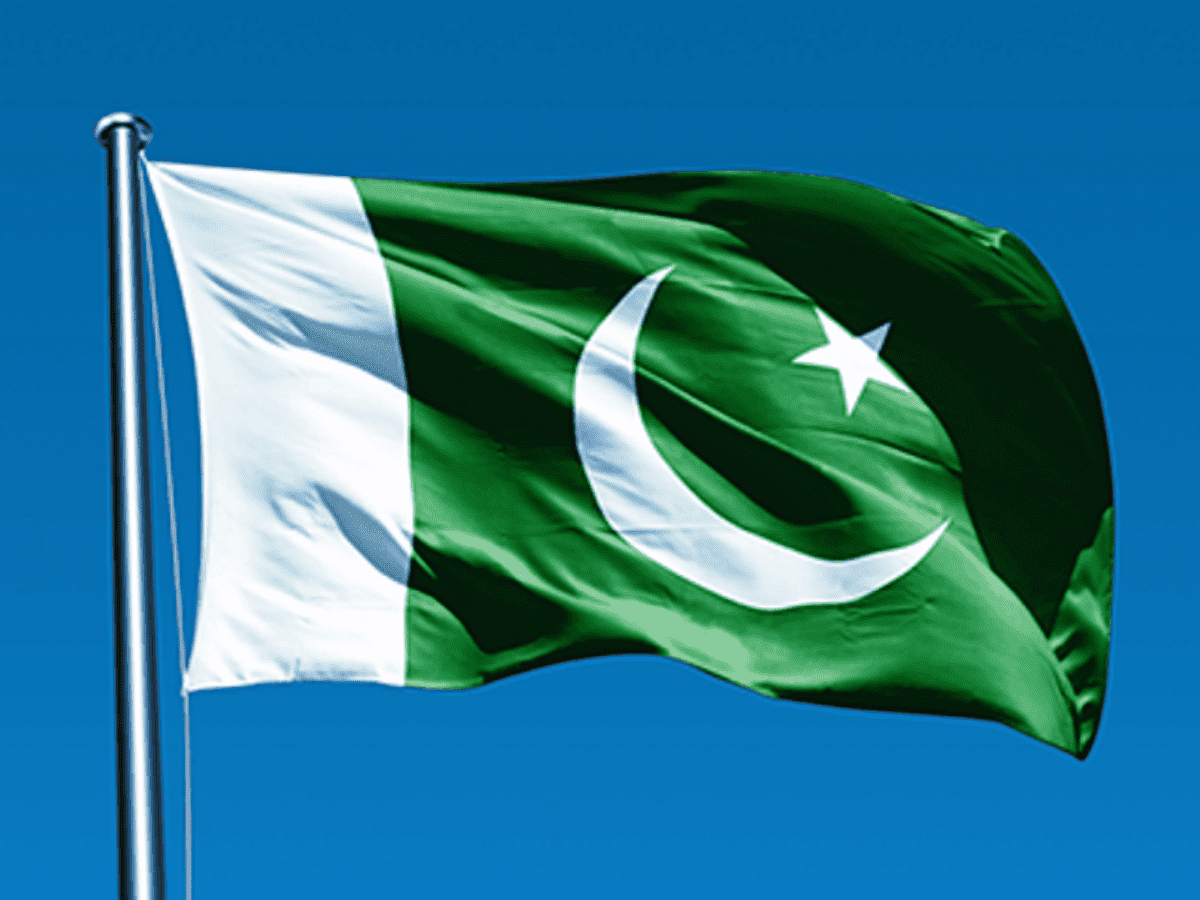
Karachi: Pakistan plans to offload dozens of state-owned enterprises, including the ailing national flag carrier, as the cash-strapped country seeks another bailout package from the IMF to bolster the economy that has fallen into debt and a low-growth crisis.
The government’s biggest state-owned asset going on sale is the Pakistan International Airlines (PIA) which has racked up losses of approximately USD 3.6 billion in the last 20 years.
The privatisation of the airlines is seen as the real test case for the government’s move to liquidate state-owned enterprises to bolster the economy.
These include the Roosevelt Hotel in New York, State Life Insurance Corporation, Lahore Electric Supply, First Women Bank, Pakistan Reinsurance, Services International Hotel in Lahore, House Building Finance Corporation, and dozens of other enterprises now mostly showing losses.
According to a senior official who declined to be named, some 10 entities have already submitted bids for a majority stake in the airlines, including Pakistani business tycoon Arif Habib, and three of the nation’s private airlines.
The deadline for bidding was May 18 but the official said it has been extended for a few more days.
Financial expert Tariq Hameed, of the Capital Investments, believes that if the government can successfully sell off majority shares in the PIA, it would define the sale of other enterprises as well.
“How much the government can earn from the sale of these state-owned enterprises, especially PIA is important to Pakistan’s need of a USD 6 billion to USD 8 billion bailout that the country is seeking from the IMF,” he said.
An International Monetary Fund (IMF) delegation, which is in Pakistan, has made it clear to the government’s financial experts that it must stop subsidising money-losing state-owned entities as a condition for loans to help prop up a faltering economy.
An official involved in the privatisation bid, who also didn’t want to divulge his name, said there was no official minimum price for PIA shares but bidding should start at around USD 300 million.
Previous governments have also tried to sell the airlines which was once the pride of Pakistan. Previous attempts have seen employee strikes, court cases, and flight suspensions but this time the economic situation of the country is such that the privatisation process could go ahead.
The planned sale has the support of the Special Investment Facilitation Council (SIFC), a body created by the new government for privatising money-bleeding enterprises.
Media reports point to the powerful military establishment also backing the sale of these enterprises this time.
But Asma Hyder, professor of economics at the Institute of Business Administration in Karachi believes the privatisation (of SOEs) is not the solution to Pakistan’s economic problems.
She noted that one reason for the national airlines suffering crippling financial losses has been the “politicisation” of the airlines by various governments which has led to over-staffing, unnecessary properties, poor policies regarding routes and leasing of aircraft.
Earlier this year, the national airlines had to suspend most of their flights or reschedule them for a week after the Pakistan State Oil stopped credit lines on the supply of fuel to the cash-strapped airlines.
“These issues affect most of the state-owned enterprises and have to be addressed,” she said.
PIA still has a 41 per cent share in the domestic market, as well as a 22 per cent slice of international route business, according to the Pakistan Civil Aviation Authority.
The drop in the Pakistani rupee has hurt revenue in US dollar terms — the currency in which fuel is priced and more importantly the same UAE airlines PIA helped set-up have now captured business from PIA on international routes.
PIA is expected to show a USD 400 million shortfall in the latest financial year review even though it has relied heavily on a USD 40 million annual government subsidy but still carries a USD 3 billion debt load.
With so much debt to show, the government has hired a global consulting firm, which has recommended breaking PIA into two companies, where a new holding company will be created to park the debt.
Aviation expert Taj Haider, who has retired from the national airlines, believes the bid to break PIA into two entities will be fraught with legal and other problems.
“It is not going to be an easy road ahead and if the government can’t complete the privatisation of the airlines smoothly it will have a bearing on the sale of their other enterprises,” he said.
